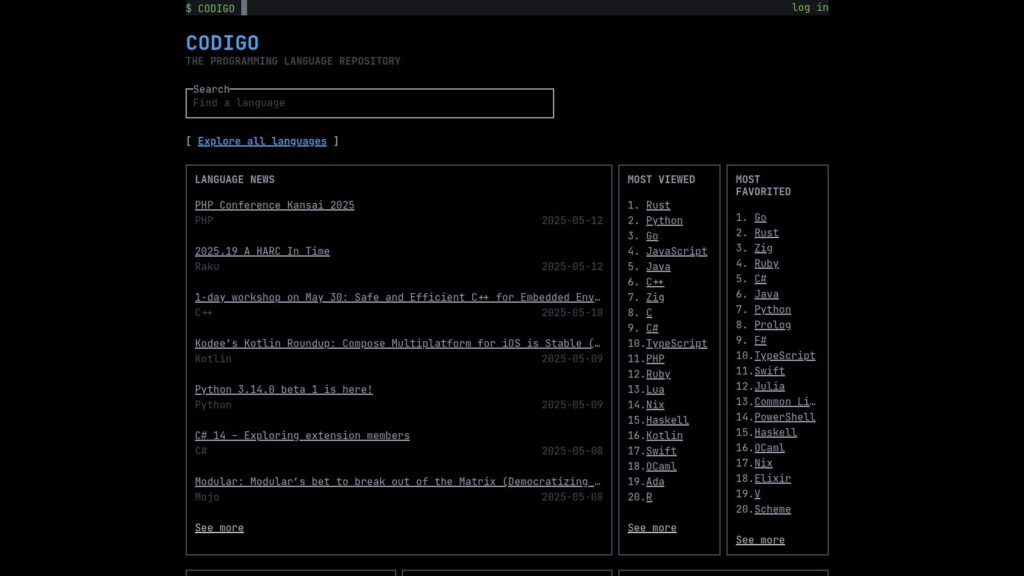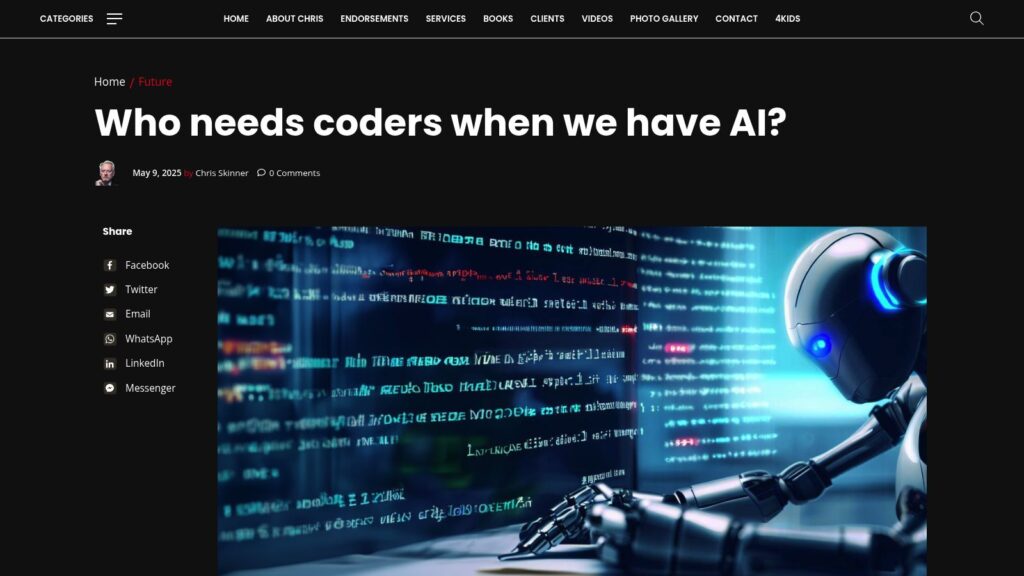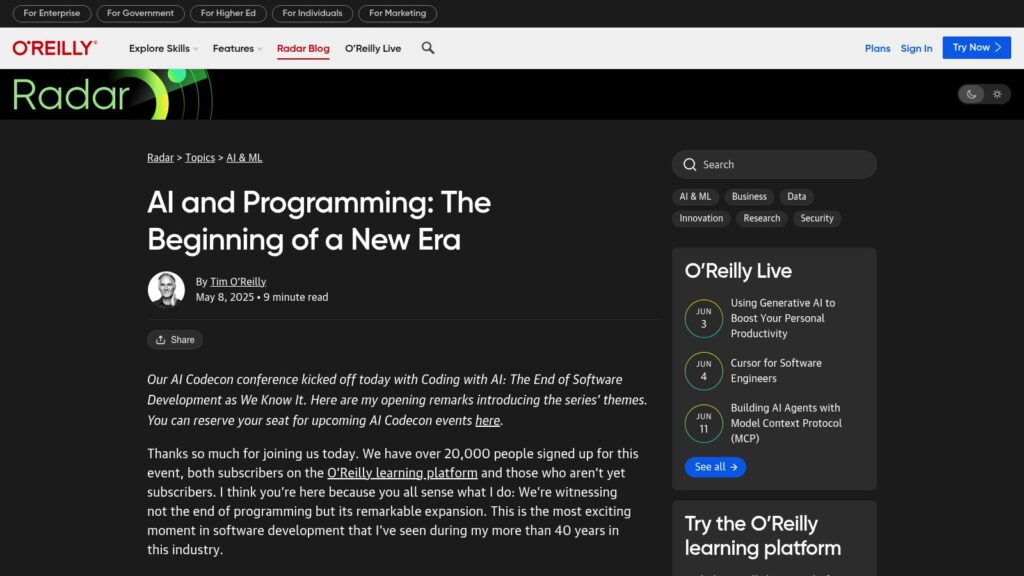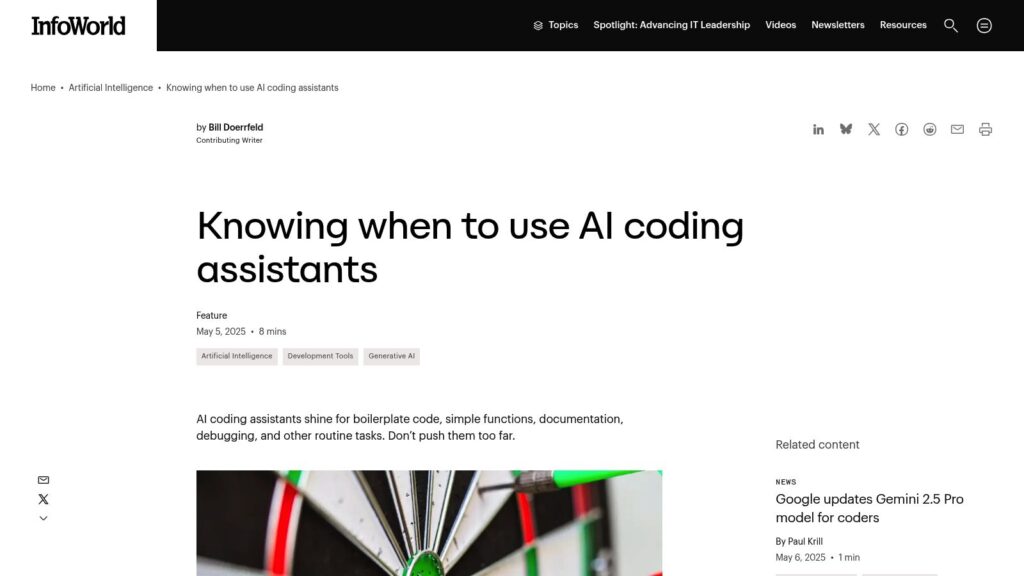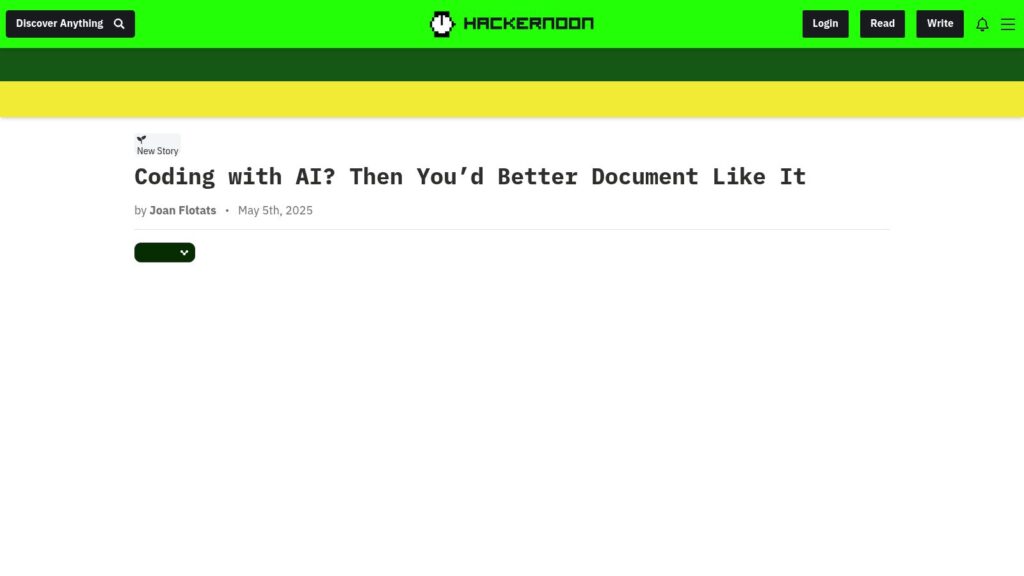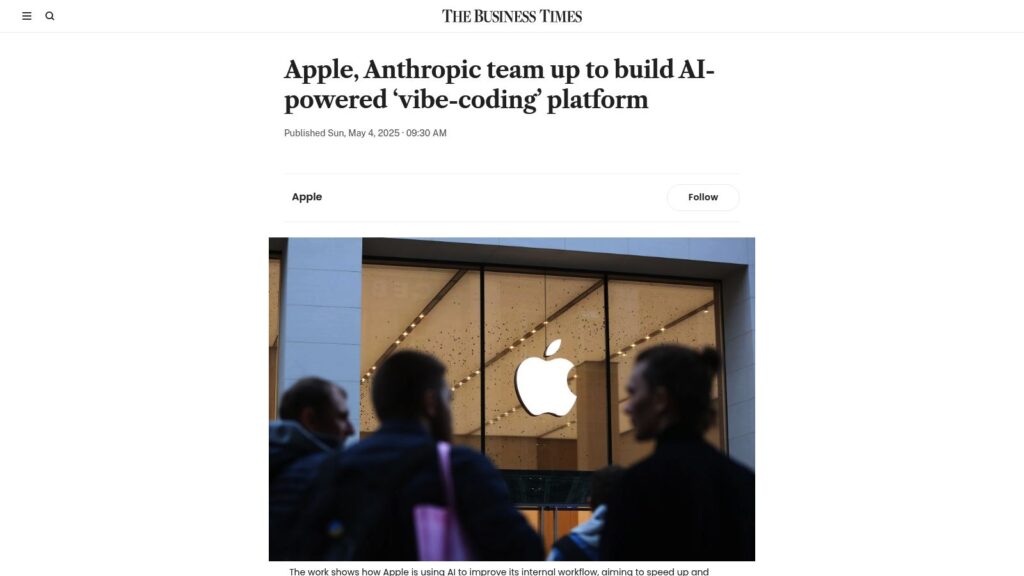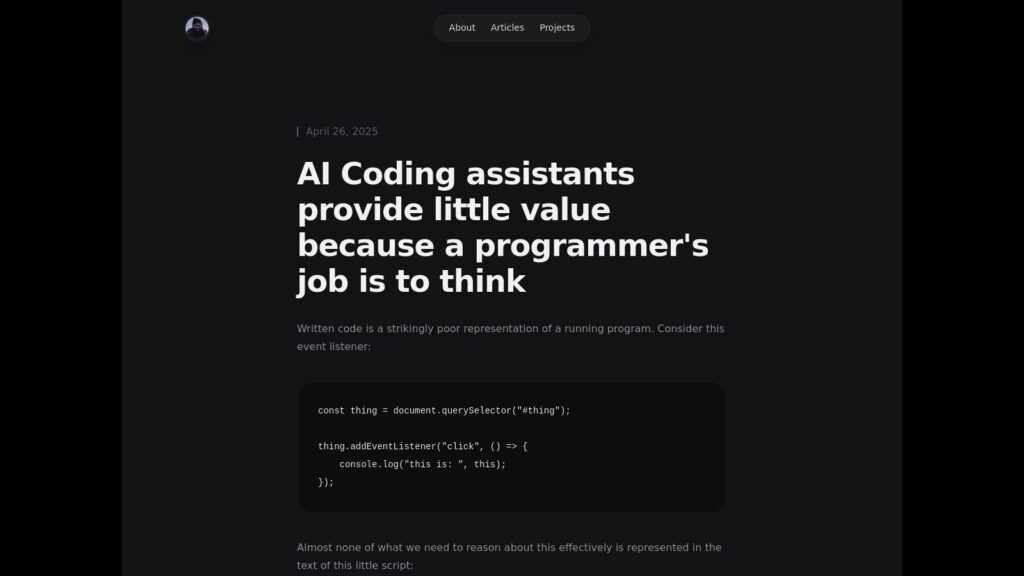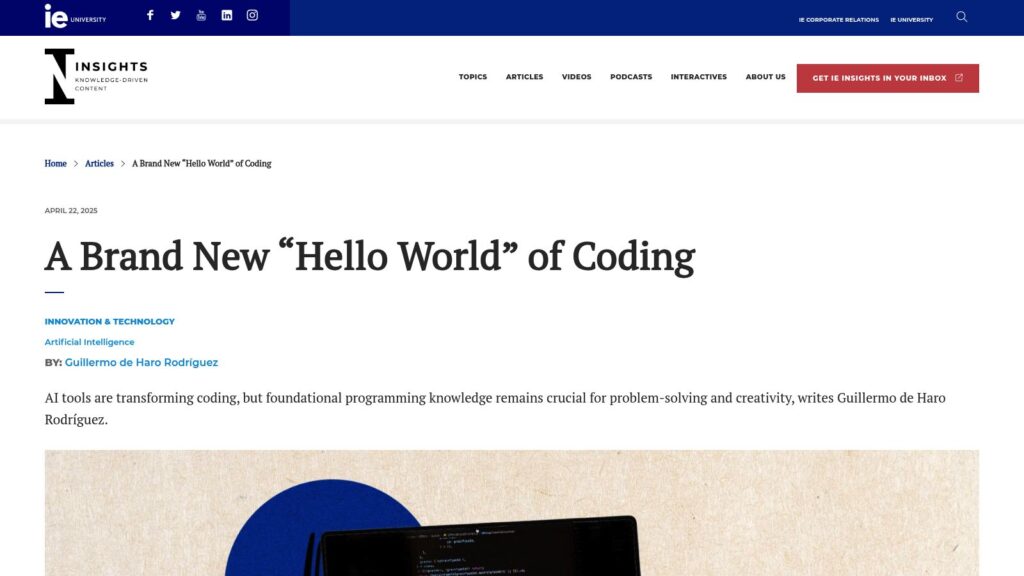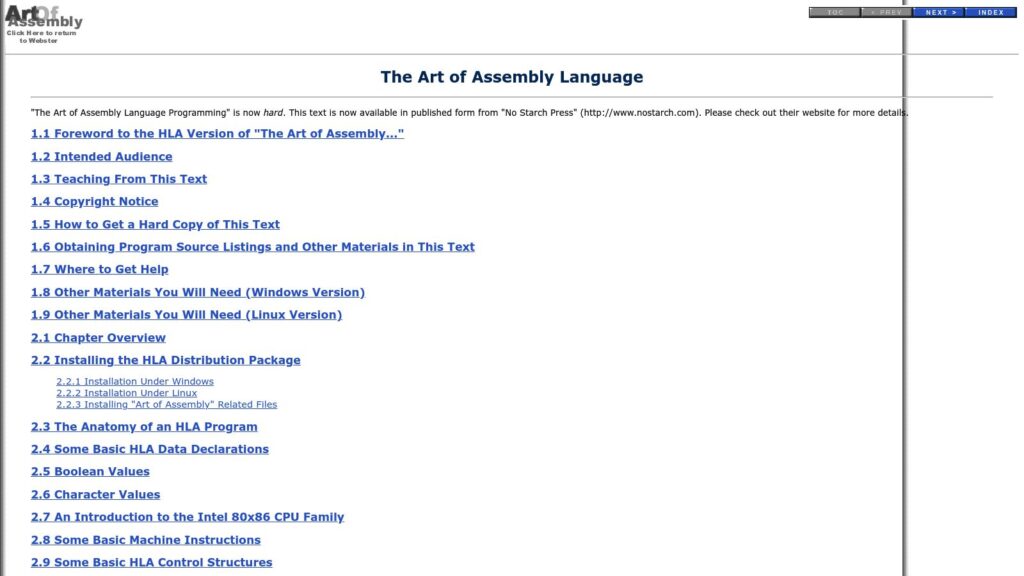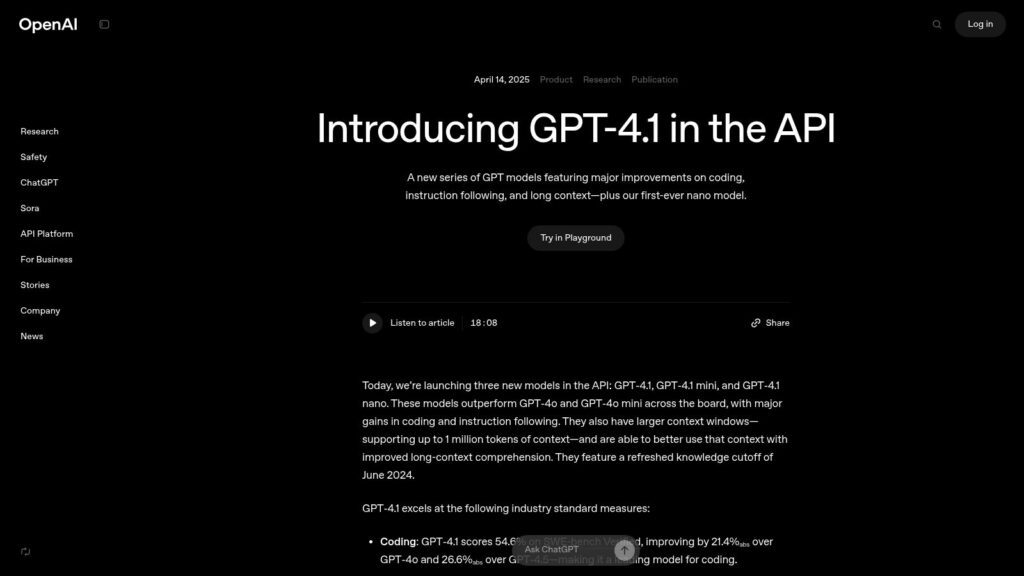Rock Solid: Turn Cursor Into a Rock-solid Software Engineering Companion
“Rock solid” aims to enhance Cursor's role as a software engineering companion, defining comprehensive policies for AI coding agents and users. It emphasizes task-driven development, strict adherence to product requirements, controlled file creation, and clear roles. Key principles include user authority, task granularity, and documentation standards. The policy details backlog management, task workflows, testing strategies, and change management to maintain project integrity, accountability, and automation, ensuring quality and compliance throughout the development process.
https://gist.github.com/boxabirds/4a8a8a16b1f8431fd64a790209452380




